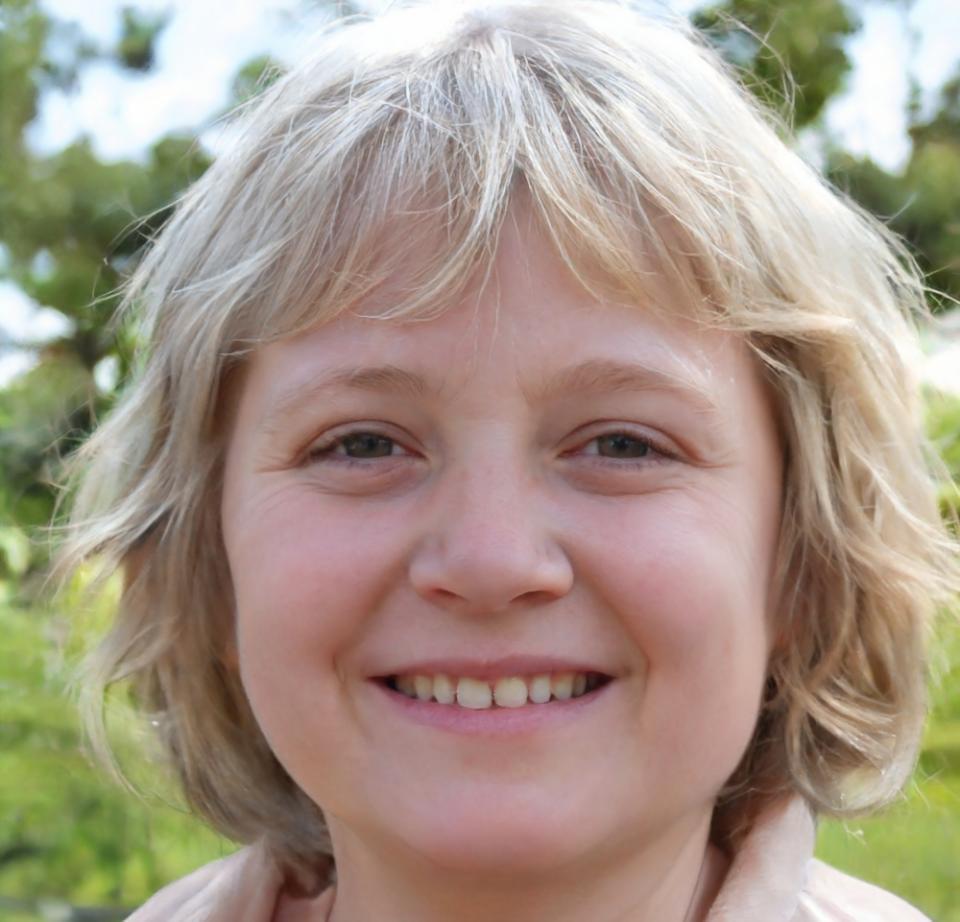Financial Analysis Skills That Actually Matter
Twelve weeks of focused training in business activity analysis. We cover cash flow patterns, operational metrics, and financial statement interpretation. Not theory for theory's sake—practical skills you can apply right away.
Request Program Details
Three Phases, Real Progress
Each phase builds on the previous one. You'll work with actual financial data, not sanitized examples. By week twelve, most participants can spot problems in a P&L statement within minutes.
Foundation Work
Financial statements aren't as mysterious as they look. We'll break down balance sheets, income statements, and cash flow reports. You'll learn what to look for and what usually gets hidden.
Weeks 1-4Pattern Recognition
This is where it gets interesting. You'll analyze real company data and learn to spot trends before they become obvious. Revenue cycles, expense patterns, seasonal variations—all the stuff that matters.
Weeks 5-8Applied Analysis
Put everything together with case studies based on actual businesses. You'll prepare reports, make recommendations, and defend your conclusions. Some participants find this challenging. That's the point.
Weeks 9-12Who You'll Learn From
Our instructors spent years doing financial analysis before teaching it. Marcus worked in corporate finance for seven years before switching to education. Priya analyzed business operations for manufacturing companies across Southeast Asia. Rebecca built financial models for SMEs throughout the 2010s and knows exactly where beginners struggle.

Marcus Kelleher
Lead InstructorFormer financial analyst who decided he preferred teaching over endless budget reviews. Still consults occasionally, mostly to stay current with what actually happens in finance departments.

Priya Deshmukh
Operations SpecialistSpent most of her career analyzing supply chains and production costs. Now helps people understand how operational decisions show up in financial statements.

Anson Wu
Modeling ExpertBuilt financial projections for small businesses for years. Good at explaining complex concepts without making people feel stupid for asking basic questions.
Your Twelve-Week Journey
Here's what actually happens week by week. Some topics take longer than others depending on the group, but this gives you the general flow.
Reading Financial Statements
We start with the basics because you need them. Balance sheets, income statements, cash flow—you'll learn what each line means and why it matters.
- Understanding the three core statements
- How transactions flow through accounts
- Common mistakes and red flags
Ratio Analysis and Metrics
Numbers alone don't tell you much. Ratios and metrics put them in context. You'll learn which ones actually matter and which ones people calculate just because they can.
- Profitability and efficiency ratios
- Liquidity and solvency measures
- Industry-specific benchmarks
Trend Analysis and Forecasting
Past performance suggests future possibilities. You'll work with historical data to spot patterns and make reasonable projections. Not crystal ball stuff—just informed estimates.
- Identifying revenue patterns
- Cost behavior analysis
- Building basic financial models
Operational Analysis
Financial numbers reflect operational reality. You'll learn to connect the dots between business activities and financial outcomes. This is where things get practical.
- Working capital management
- Inventory and receivables analysis
- Operational efficiency metrics
Case Studies and Reports
Final project time. You'll analyze a real business scenario, prepare recommendations, and present your findings. Previous participants say this is the most valuable part—and the most challenging.
- Comprehensive business analysis
- Written report preparation
- Presentation and defense of conclusions
Next Program Starts September 2025
We run this program twice a year with limited enrollment—usually around twenty participants per session. Classes meet Tuesday and Thursday evenings, plus you'll need time for assignments and case work.
Application deadline: July 15, 2025